Speakers
PANEL 1 : INVESTING IN THE NEW ECONOMY-LATIN AMERICA

Dr. Jesus Bravo holds a Ph.D. in Quantitative Finance and Risk Management, a master’s degree in Economics and has a base formation as a Hydraulics’ Engineer. He has built, developed and managed different teams while holding various positions at HSBC, the Mexican Central Bank and the Mexican Ministry of Finance. Currently, he is the Country Head of Traded Risk at HSBC Bank Canada. He has been a lecturer of MBA and Ph.D. courses on Quantitative Finance and Global Economics at the Business School (EGADE) of ‘Tec de Monterrey’ in Mexico.

Kenneth N. Frankel has been president of the CCA since 2014 and was previously Chairman from 2007 to 2014. He was awarded The Queen Elizabeth II Diamond Jubilee Medal by the Governor General of Canada in 2013 for his work on behalf of the CCA and for leadership in other hemispheric public policy initiatives. Mr. Frankel was the Legal Advisor to the Secretary General and the Director of the Department of Legal Services of the General Secretariat at the Organization of American States from 2008-2013. He advised the General Secretariat, OAS political bodies, and special missions including numerous electoral observation missions, the Electoral Verification Mission in Haiti that reversed the results of the 2010 presidential election, the Honduran Truth and Reconciliation Commission that investigated the 2009 coup, the Hemispheric Drug Study of 2013, and the Mission to Support the Colombian Peace Process. Mr. Frankel led the efforts to reform internal Secretariat governance, including adoption of policies on ethics, access to information, whistleblower protection, same-sex couple and family benefits, and the independence of the Inspector General’s office.

John Pricehas advised dozens of global 1000 firms on their business strategies in the region by supervising more than 2,000 client engagements in Latin America over the past 25 years. Mr. Price’s first consultancy, InfoAmericas, was launched in 1993 and sold to Kroll in 2007, where he launched Kroll’s global market intelligence practice. In 2011, Mr. Price launched AMI. He has also published hundreds of articles on Latin American business trends and maintains a column in Latin Trade. In 2007, Mr. Price co-wrote and co-edited “Can Latin America Compete?”, which was published by Palgrave. He is an active board member of Nuestros Pequenos Hermanos, a LatAm orphanage network and the Canadian Council of the Americas. He is a BComm graduate (1988) from Queen’s University. Mr. Price resides in Miami with his wife and three sons.
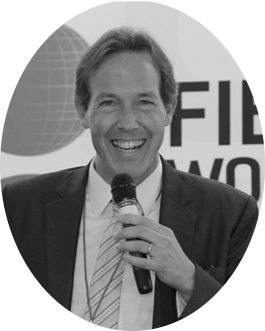
Thomas Rideg is the President of Americas at M-Brain, a global information, technology and consulting services company offering market and media monitoring, intelligence and analysis services and solutions. Prior to M-Brain, Thomas was Senior Vice Pesident of Western Europe, Managing Director of China / Latin America at Global Intelligence Alliance Group (now M-Brain). He has also served as an Associate Managing Director at Kroll and Regional Director and Partner at InfoAmericas (now Kroll).Mr. Rideg earned his MBA in Strategic Marketing from the University of Leeds and his BBA degree in International Business from St. Mary’s University.
PANEL 2: MIGRATION AND ITS EFFECT ON THE NEW ECONOMY
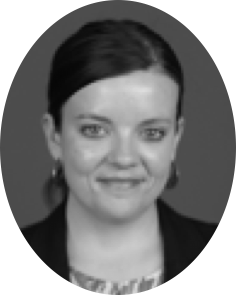
Alexia Campbellis is a journalist at Vox Media in Washington D.C. where she writes about economic policy and national politics. She is a former staff writer at The Atlantic, where she covered immigration and business. She was previously a reporter at the South Florida Sun-Sentinel and the Spanish-language newspaper of The Palm Beach Post. Her work has appeared in The Washington Post, the Los Angeles Times and the Chicago Tribune. Alexia has a master’s degree in journalism and public affairs from American University and a bachelor’s degree in communications from The University of Tennessee.
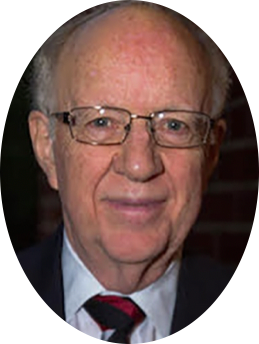
Dr. John Isbisteris a Professor of Economics at Ryerson University. His areas of expertise include economic demography, Canadian economic history, immigration and ethics. He spent most of his academic career working as an Economics Professor at the University of California, Santa Cruz. Dr. Isbister then returned to Canada in 2006 to serve as the Dean of Arts at Laurentian University in Sudbury, and later moved to Ryerson University in 2010 where he works today. Dr. Isbister studied history at Queen’s University and went on to receive an economics degree and a Ph.D. from Princeton University in 1969.
PANEL 3: CANADA’S ROLE IN THE NEW ECONOMY
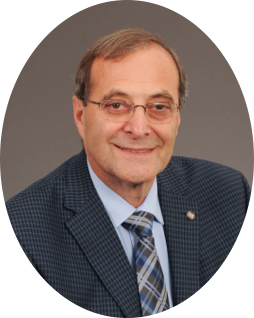
Paul Acchione is a licensed professional engineer in Ontario and a fellow of the Canadian Academy of Engineering. He received a B.A.Sc. and M.Eng. degree from the University of Toronto. Paul has over 47 years of engineering and management experience in the electricity sector and is a member of OSPE’s Energy Task Force. He is currently the chair of the Ontario Society of Professional Engineers.
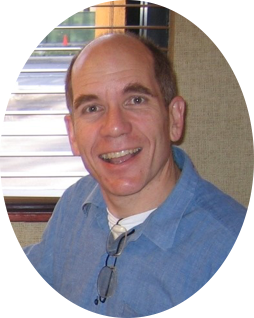
Dr. Danny Harvey is a Professor in the Department of Geography at the University of Toronto where he teaches courses related to climate, global warming and energy use. He completed his Ph.D. in the area of climate modelling at the Department of Geography, University of Toronto, in 1985. During the 1980s and 1990s his work focused on climate and carbon cycle modelling, with a particular interest in the global-scale impacts on climate of alternative emission scenarios. Dr. Harvey’s work began to shift to questions related to energy use and how to make the transition to a fossil-fuel free energy system enough to be able to limit the effective atmospheric CO2 concentration to no more than double the pre-industrial level. He is a Deputy Editor of the journal Climatic Change and a lead author of the IPCC 4th and 5th assessment reports.
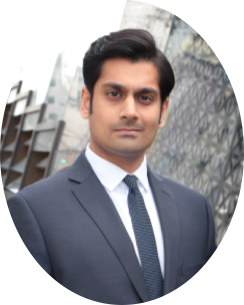
Dr. Trevin Stratton is an award-winning business economist, specializing in global and technological change. He helps organizations identify and manage opportunities arising from the trends that are reshaping industry and international business. Trevin is an advisor to both private and public sector leaders and has counseled senior corporate executives and policymakers around the world. As Chief Economist at the Canadian Chamber of Commerce, he helps develop national policy positions aimed at improving Canada’s economic performance and the competitiveness of Canadian business. Prior to joining the Chamber, Trevin was named as Ottawa’s Forty Under 40 for founding and leading BDO Canada’s national economic development consulting line. He studied at Carleton University in Canada, as well as at the London School of Economics in the United Kingdom and the Graduate Institute of International and Development Studies in Switzerland.
MUNK GRADUATE STUDENT PANEL: AI IN THE NEW ECONOMY
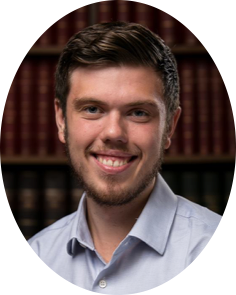
Ryan Phillips is a Master of Public Policy candidate at the Munk School. His policy interests include policy responses to rapid technological change, mechanisms for using private capital to address social problems and developing environmental policy that can bridge partisan divides. He aims to bring together business savvy and rigorous public policy analysis to find innovative policy ideas. He holds a Bachelor of Commerce from Rotman Commerce with a specialization in finance and economics and worked for two years on the trading floor at Bank of America Merrill Lynch before pursuing graduate studies.
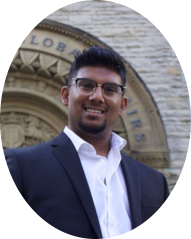
Vijai Singh graduated from the University of Waterloo in Honours Political Science, with a specialization in Politics and Business, and a minor in Economics. Throughout his undergraduate career, Vijai gained valuable experience in both private and public sectors. He defended policy projects on which he worked, including the Brampton 2040 Vision and Brampton’s first Culture Master Plan. Vijai is currently pursuing a Master of Global Affairs at the Munk School of Global Affairs and Public Policy and will shortly commence his internship with the OECD in Paris analyzing private finance for sustainable development goals. Demonstrated by his experience as a freelance writer, Vijai also has a passion for popular writing and journalism.

Jasmine Wright graduated in 2018 from McMaster University with an Honours Bachelor of Arts and Science combined with a Political Science degree. She developed her interest in emerging technologies through professional experiences in blockchain, artificial intelligence, and integrating academic resources into digital platforms. She would like to conduct more interdisciplinary research on the implications of new technologies in elder care, the humanitarian sector, and society at large.